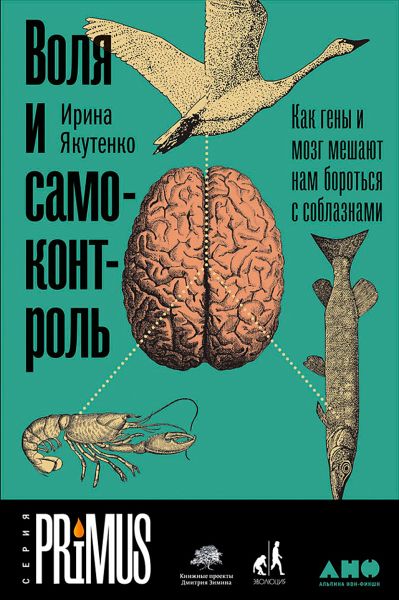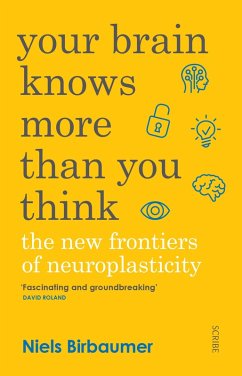
Volya i samokontrol': Kak geny i mozg meshayut nam borot'sya s soblaznami (eBook, ePUB)

PAYBACK Punkte
0 °P sammeln!
Why do some people easily refuse temptations, while others are unable to resist them? The author of the book, having collected the latest scientific data, proves that people who find it difficult to resist temptations are physiologically and biochemically different from those who do not have these problems. Due to genetic characteristics, neurotransmitters, substances that regulate brain function, are distributed and work differently in such people. Violations are different: the owners of some constantly lack a sense of pleasure, the carriers of others experience such strong sensations from pl...
Why do some people easily refuse temptations, while others are unable to resist them? The author of the book, having collected the latest scientific data, proves that people who find it difficult to resist temptations are physiologically and biochemically different from those who do not have these problems. Due to genetic characteristics, neurotransmitters, substances that regulate brain function, are distributed and work differently in such people. Violations are different: the owners of some constantly lack a sense of pleasure, the carriers of others experience such strong sensations from pleasant things that they cannot resist them. But the result is the same: the "animal" part of the brain - the limbic system, which requires pleasure right here and now, more often takes precedence over the most "smart" zone - the prefrontal cortex, which remembers that momentary pleasure threatens big life plans. There are many tests in the book, and although their results cannot be used to draw conclusions about whether you have "bad" variants of "self-control genes" and how their influence stacks with environmental factors, indirect evidence can still suggest which systems in your the brain is not working properly. The last part of the book is about how you can effectively resist temptations for yourself and achieve long-term goals, despite problems with self-control.
Dieser Download kann aus rechtlichen Gründen nur mit Rechnungsadresse in A, B, BG, CY, CZ, D, DK, EW, E, FIN, F, GR, H, IRL, I, LT, L, LR, M, NL, PL, P, R, S, SLO, SK ausgeliefert werden.













